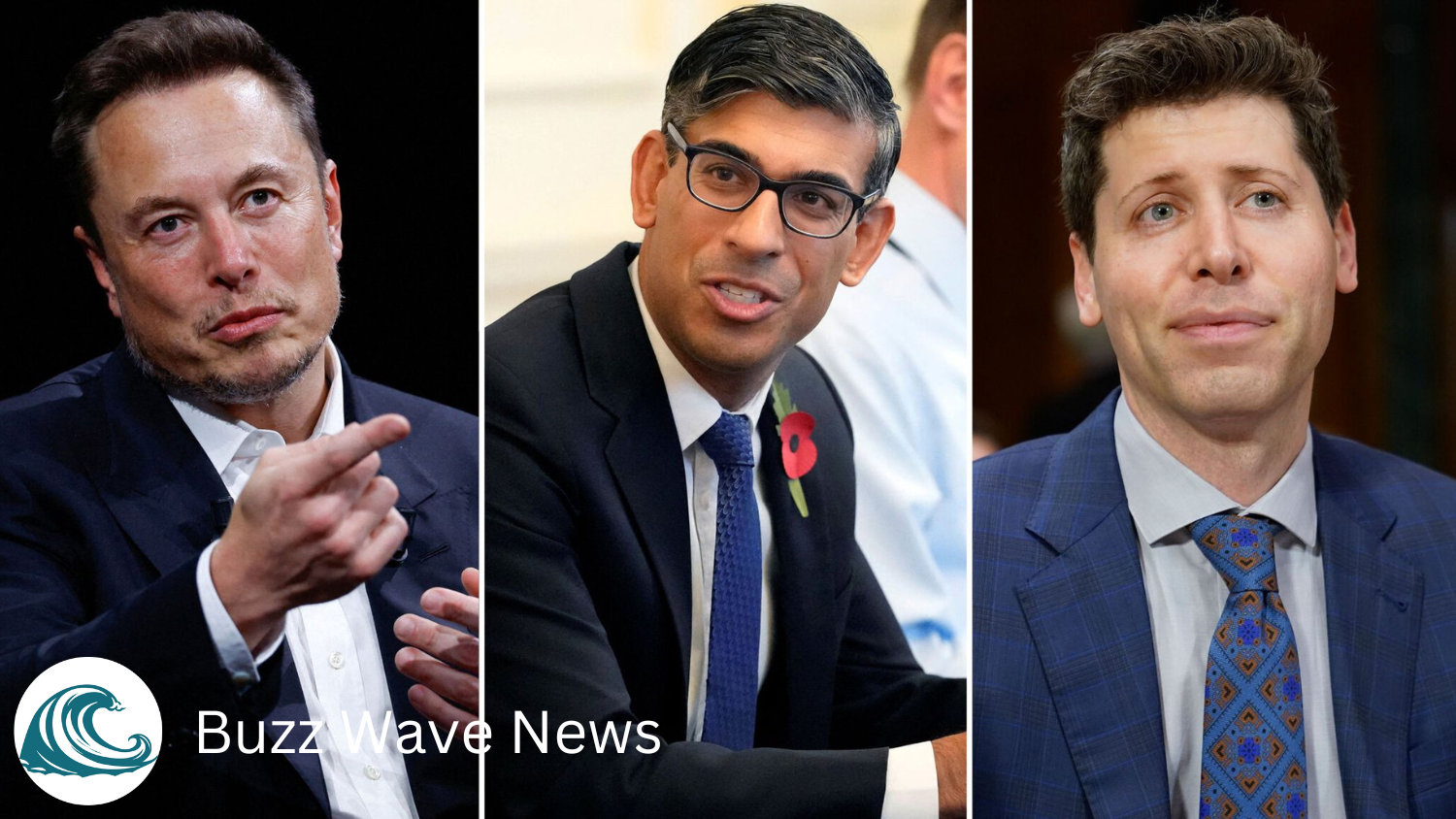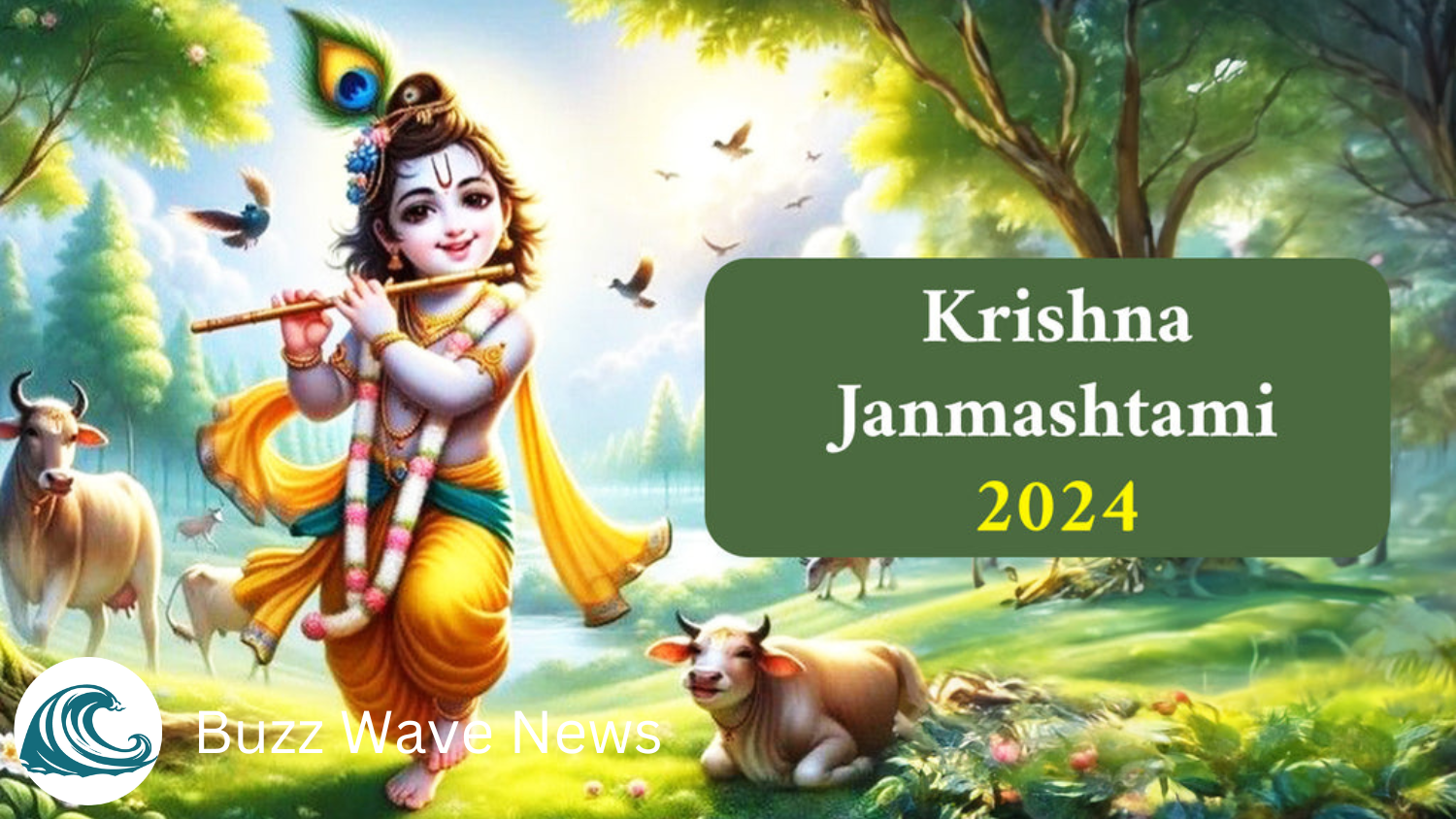In a recent clash of high-profile figures, Elon Musk and UK Labour leader Keir Starmer have found themselves at odds over comments made by the tech billionaire regarding the state of civil unrest in the United Kingdom. The exchange has ignited a spirited debate on social media and in the public sphere, drawing attention to the broader implications of Musk’s remarks and Starmer’s rebuttal.
The Comment That Sparked Controversy
The controversy began when Elon Musk, CEO of Tesla and SpaceX, made a provocative statement about the civil unrest occurring in the UK. Musk suggested that the country was teetering on the brink of a “civil war” due to escalating riots and social unrest. His comment, made via Twitter, quickly went viral, attracting significant attention from media outlets and the public.
Musk’s statement, while typical of his often provocative social media presence, was seen by many as an exaggerated and inflammatory take on the situation in the UK. The tech mogul’s tendency to make sweeping and controversial statements has frequently sparked debates, but this particular comment struck a nerve due to its serious nature.
How did Keir Starmer respond to Elon Musk’s “civil war” comment?
Keir Starmer, the leader of the Labour Party, was swift in his response to Musk’s comment. In a statement addressing the issue, Starmer criticized Musk’s remarks, accusing him of sensationalizing the situation and contributing to unnecessary alarm. Starmer’s response was pointed and critical, reflecting his frustration with what he perceived as Musk’s reckless approach to discussing serious national issues.
Starmer’s critique was not just a rebuttal but also an indictment of Musk’s broader pattern of behavior. He argued that Musk, as a high-profile figure with significant influence, should be more responsible in his commentary on global and political matters. Starmer’s statement was intended to counter what he saw as a harmful narrative that could further destabilize the situation or incite fear among the public.
Elon Musk’s Retaliation
Elon Musk, known for his quick and often fiery responses, did not take Starmer’s criticism lightly. In a series of tweets and public statements, Musk defended his comment, arguing that he was merely highlighting the gravity of the situation. He expressed frustration at being criticized for speaking candidly about what he saw as a troubling trend in global unrest.
Musk’s rebuttal included a sharp critique of Starmer himself, suggesting that the Labour leader should focus more on addressing the root causes of the unrest rather than attacking him. Musk’s tweets were a blend of defiance and sarcasm, reflecting his characteristic style of engaging with critics. He implied that Starmer’s criticism was a distraction from more pressing issues and accused the politician of avoiding the real problems.
What does the Musk-Starmer clash reveal about the broader context of social media and public discourse?
The exchange between Musk and Starmer is emblematic of the growing intersection between social media discourse and political commentary. In an age where public figures wield significant influence through platforms like Twitter, their statements can rapidly escalate into major news stories. Musk’s comments on the UK riots are a case in point, demonstrating how social media can amplify and distort discussions on complex issues.
Musk’s involvement in such debates also highlights the role of influential figures in shaping public discourse. His comments often stir controversy and draw sharp reactions from various quarters, reflecting the polarized nature of contemporary discussions on global issues.
What are the implications of the Musk-Starmer exchange for public discourse?
The Musk-Starmer clash has broader implications for how public figures engage with social and political issues. On one hand, Musk’s willingness to make provocative statements brings attention to issues that might otherwise remain under the radar. However, it also raises questions about the responsibility of influential individuals in shaping public opinion and discourse.
Starmer’s response underscores the importance of accountability in public commentary. By challenging Musk’s remarks, Starmer is advocating for a more measured and responsible approach to discussing sensitive topics. This exchange reflects a broader tension between sensationalism and thoughtful discourse in public debates.
Public Reactions
The public reaction to the Musk-Starmer dispute has been diverse. Supporters of Musk argue that his comments were a necessary wake-up call about the severity of the situation in the UK. They view his remarks as an attempt to draw attention to important issues, even if his approach was controversial.
Conversely, critics of Musk’s statement agree with Starmer’s critique, viewing the comment as an exaggeration that could exacerbate public fear and misunderstanding. They argue that such remarks contribute to a climate of division and alarmism rather than constructive dialogue.
Moving Forward
The ongoing debate between Musk and Starmer highlights the need for responsible communication, particularly when addressing complex social and political issues. As both public figures and ordinary citizens engage in discussions about global unrest and political tensions, it is crucial to balance candor with sensitivity.
The incident also raises questions about the role of social media in amplifying and distorting public discourse. As platforms like Twitter become central to political and social debates, their influence on public opinion and the quality of discourse cannot be understated.
In conclusion, the clash between Elon Musk and Keir Starmer over Musk’s “civil war” comment reflects broader issues in public communication and discourse. While Musk’s provocative style may draw attention, it also invites scrutiny and criticism, as evidenced by Starmer’s response. This exchange underscores the importance of responsible and nuanced dialogue in addressing serious global issues and highlights the complex interplay between social media, public figures, and political discourse.
















2 thoughts on “Elon Musk Hits Back at Keir Starmer’s Criticism of His ‘Civil War’ Comment”